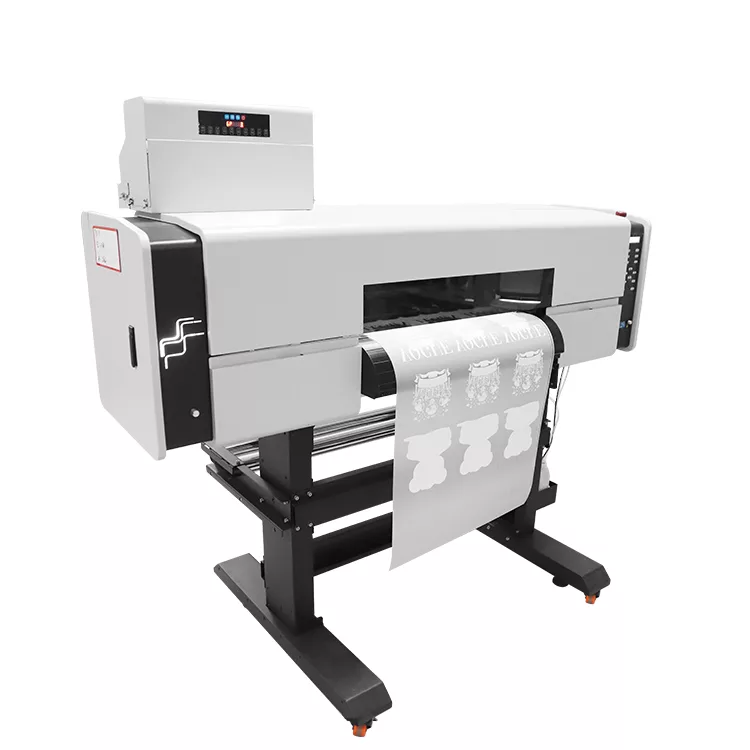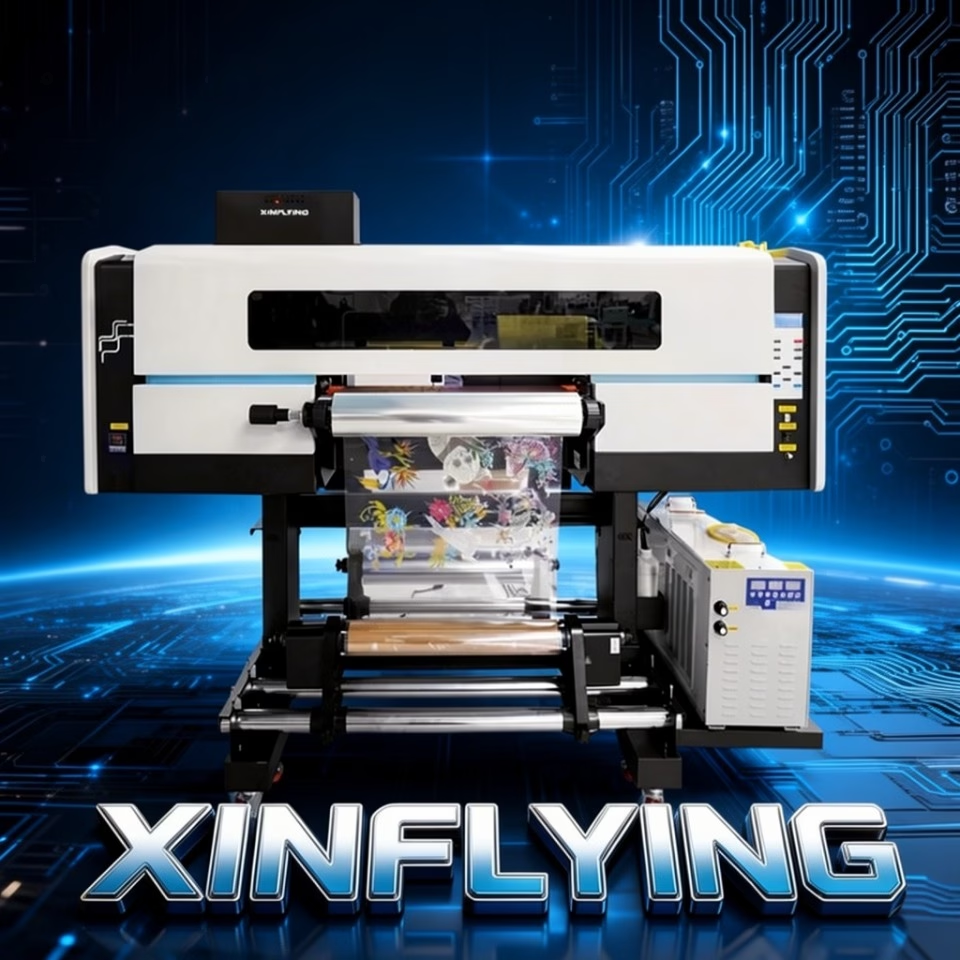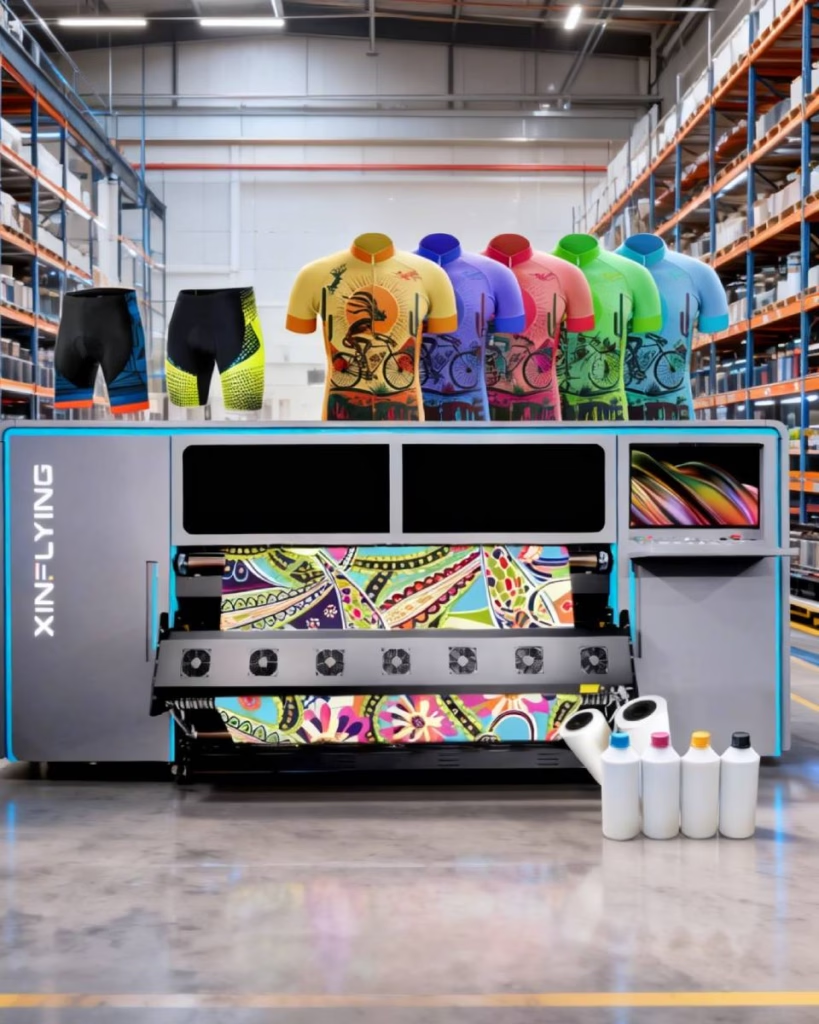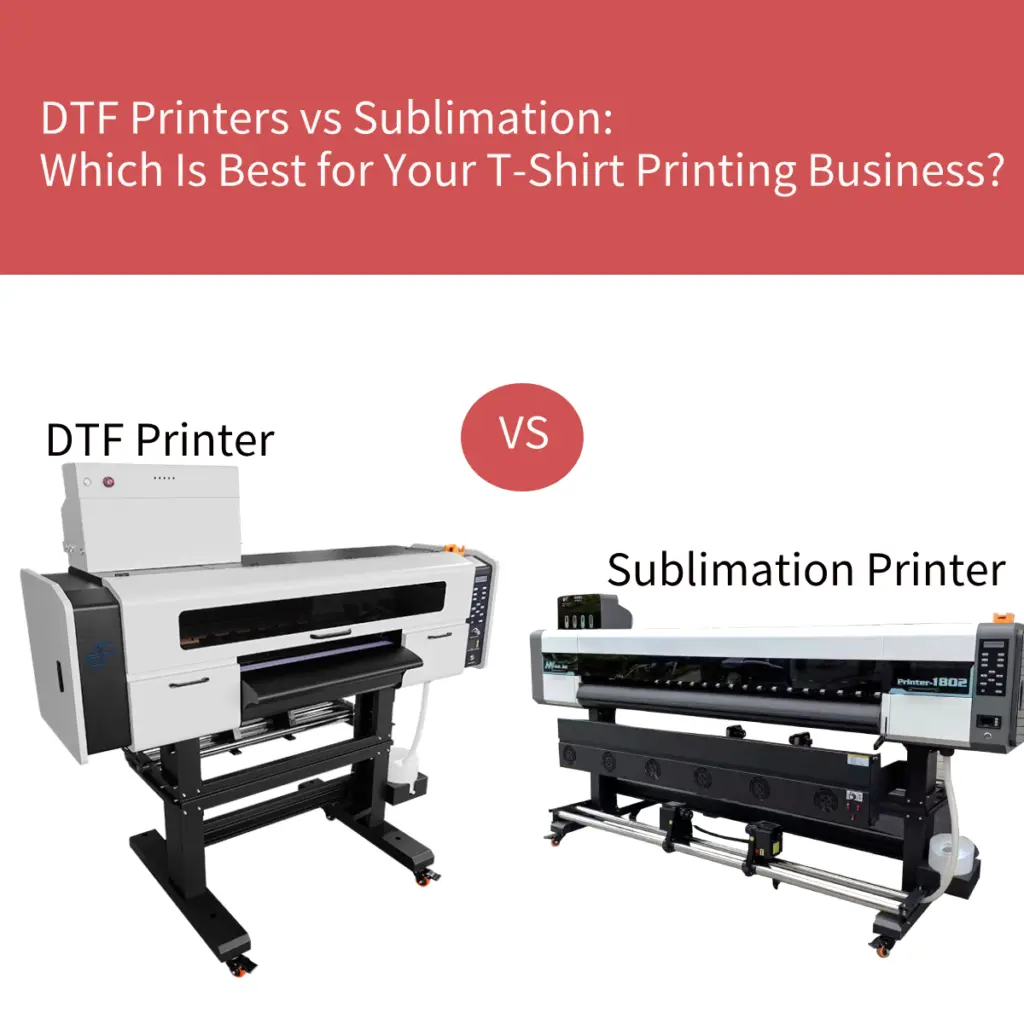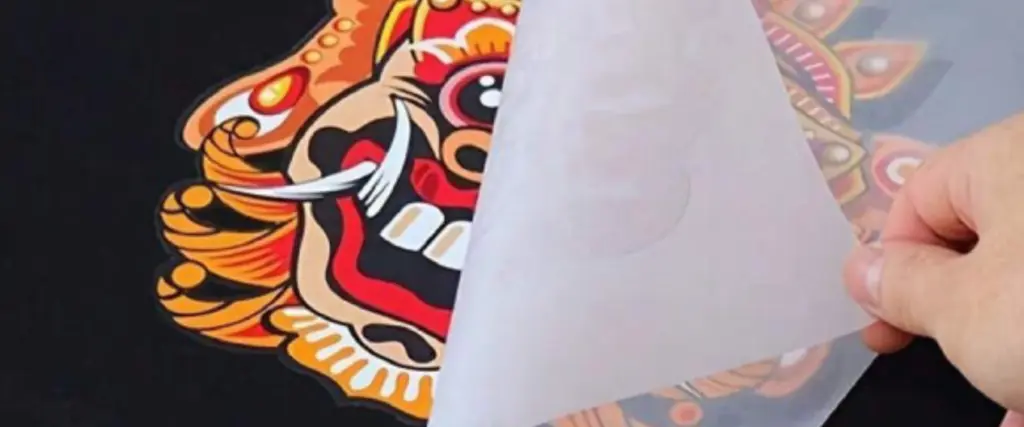Το DTF (Απευθείας στην ταινία) Η αγορά εκτυπωτών γνωρίζει σημαντική ανάπτυξη, οδηγείται από την εξελισσόμενη τεχνολογία, αυξημένη ζήτηση για προσαρμογή, και παγκόσμιες τάσεις βιωσιμότητας. Ακολουθεί μια επισκόπηση της τρέχουσας κατάστασης της αγοράς, αυξητικούς παράγοντες, προκλήσεις, και μελλοντικές τάσεις:
Μέγεθος αγοράς και τάσεις ανάπτυξης
1. Παγκόσμια Αγορά:
• Το μέγεθος της παγκόσμιας αγοράς εκτυπωτών DTF αποτιμήθηκε σε $2.56 δισεκατομμύρια σε 2023.
• Αναμένεται να αυξηθεί σε $2.72 δισεκατομμύρια κατά 2024 και $3.99 δισεκατομμύρια κατά 2030, με σύνθετο ετήσιο ρυθμό ανάπτυξης (CAGR) του 6.50% από 2024 προς την 2030.
2. Περιφερειακές Αγορές:
• Ασία: Με επικεφαλής την Κίνα και την Ινδία, η ασιατική αγορά επεκτείνεται λόγω των ισχυρών κλωστοϋφαντουργικών βιομηχανιών και των φιλικών προς το περιβάλλον πρακτικών. Οι τεχνολογικές εξελίξεις έχουν βελτιώσει την ποιότητα εκτύπωσης DTF και τη φιλικότητα προς το χρήστη.
• Ευρώπη: Η ευρωπαϊκή αγορά ψηφιακής εκτύπωσης κλωστοϋφαντουργικών προϊόντων αναμένεται να αναπτυχθεί με CAGR 15.8% από 2021 προς την 2026, οδηγείται από βιώσιμες και προσαρμοσμένες λύσεις εκτύπωσης. Γερμανία, Ιταλία, και το Ηνωμένο Βασίλειο είναι βασικοί παίκτες.
• Βόρεια Αμερική: Η εστίαση στο φιλικό προς το περιβάλλον, τα προσαρμοσμένα προϊόντα αναμένεται να οδηγήσουν α 12.2% ρυθμός ανάπτυξης κατά 2033.
• Άλλες Περιφέρειες: Νότια Αμερική, τη Μέση Ανατολή, Αφρική, και η Αυστραλία υιοθετούν την εκτύπωση DTF για τα μοναδικά σχέδια και τη βιωσιμότητά της.
Βασικοί οδηγοί αγοράς
1. Αυξανόμενη ζήτηση για προσαρμογή:
Οι καταναλωτές αναζητούν ολοένα και περισσότερο εξατομικευμένα και μοναδικά σχέδια. Οι εκτυπωτές DTF καλύπτουν αυτή τη ζήτηση σε διάφορους κλάδους, συμπεριλαμβανομένων των ενδυμάτων και της διακόσμησης του σπιτιού, επιτρέποντας την εκτύπωση σε μικρές παρτίδες και ποικίλες.
2. Ανάπτυξη του ηλεκτρονικού εμπορίου:
Η ταχεία άνοδος του ηλεκτρονικού εμπορίου έχει μεταμορφώσει τις αλυσίδες εφοδιασμού. Εκτυπωτές DTF, γνωστοί για την ευελιξία τους, αποδοτικότητα, και ευελιξία, είναι ιδανικά για μικρής κλίμακας, παραγωγή κατ' απαίτηση, καθιστώντας τα τέλεια προσαρμοσμένα στο οικοσύστημα του ηλεκτρονικού εμπορίου.
3. Τεχνολογικές Προόδους:
Συνεχείς βελτιώσεις στην τεχνολογία εκτύπωσης, όπως η τεχνολογία PrecisionCore της Epson, έχουν βελτιώσει την ακρίβεια, ταχύτητα, και σταθερότητα των εκτυπωτών DTF, ενώ μειώνει το κόστος και βελτιώνει την ποιότητα των προϊόντων.
4. Αειφορία και φιλικότητα προς το περιβάλλον:
Σε σύγκριση με τις παραδοσιακές μεθόδους εκτύπωσης, Η εκτύπωση DTF μειώνει τη χρήση αποβλήτων και νερού, ευθυγράμμιση με τους παγκόσμιους στόχους βιωσιμότητας. Αυτά τα φιλικά προς το περιβάλλον οφέλη αυξάνουν τη ζήτηση της αγοράς.
Προκλήσεις αγοράς
1. Υψηλή αρχική επένδυση:
Το αρχικό κόστος αγοράς εκτυπωτών και αναλωσίμων DTF μπορεί να αποτελέσει εμπόδιο για τις μικρές επιχειρήσεις και τις νεοφυείς επιχειρήσεις, περιορίζοντας τη διείσδυση στην αγορά.
2. Τεχνικοί περιορισμοί:
Προκλήσεις όπως η διατήρηση της ποιότητας εκτύπωσης, εξασφαλίζοντας ακρίβεια χρώματος, και η διαχείριση πολύπλοκων διαδικασιών συντήρησης απαιτούν τεχνογνωσία, αύξηση του λειτουργικού κόστους.
3. Έντονος ανταγωνισμός:
Οι εκτυπωτές DTF αντιμετωπίζουν ανταγωνισμό από άλλες τεχνολογίες ψηφιακής εκτύπωσης, όπως το Direct-to-Garment (DTG) εκτυπωτές. Να παραμείνουμε ανταγωνιστικοί, Οι εκτυπωτές DTF πρέπει να βελτιώνουν συνεχώς την απόδοση και τις δυνατότητες.
4. Αυστηρότεροι Περιβαλλοντικοί Κανονισμοί:
Αν και η εκτύπωση DTF είναι σχετικά φιλική προς το περιβάλλον, Οι αυστηρότεροι κανονισμοί σχετικά με τη βιωσιμότητα των μελανιών και των μεμβρανών απαιτούν συνεχή R&D προσπάθειες για την ανάπτυξη πιο φιλικών προς το περιβάλλον υλικών.
Μελλοντικές Τάσεις
1. Τεχνολογική Καινοτομία:
Το μέλλον των εκτυπωτών DTF έγκειται στην ενσωμάτωση προηγμένων λειτουργιών όπως μεγαλύτερες ταχύτητες εκτύπωσης, μεγαλύτερη ακρίβεια, και πιο ανθεκτικές εκτυπώσεις. Η ανάπτυξη τεχνολογιών υβριδικής εκτύπωσης που συνδυάζουν το DTF με άλλες μεθόδους μπορεί να ανοίξει νέες ευκαιρίες.
2. Επέκταση Εφαρμογών:
Πέρα από τα ρούχα, Οι εκτυπωτές DTF αναμένεται να βρουν εφαρμογές στη διακόσμηση του σπιτιού, εσωτερικούς χώρους αυτοκινήτων, διαφημιστική διαφήμιση, κι αλλα, δημιουργία νέων οδών ανάπτυξης.
3. Βελτιωμένη εξυπηρέτηση πελατών:
Οι εταιρείες θα επικεντρωθούν στην παροχή ολοκληρωμένης υποστήριξης, συμπεριλαμβανομένων των διαβουλεύσεων πριν από την πώληση, συντήρηση μετά την πώληση, και προγράμματα κατάρτισης, για τη βελτίωση της ικανοποίησης και της αφοσίωσης των πελατών.
4. Ενοποίηση Βιομηχανίας:
Καθώς η αγορά ωριμάζει, μπορεί να αυξηθεί η ενοποίηση μέσω συγχωνεύσεων και εξαγορών, επιτρέποντας σε μεγαλύτερους παίκτες να βελτιστοποιούν τους πόρους, διευρύνουν το μερίδιο αγοράς, και να ωθήσουν την ανάπτυξη της βιομηχανίας.
συμπέρασμα
Η αγορά εκτυπωτών DTF έχει ισχυρές δυνατότητες, οδηγείται από τις αυξανόμενες ανάγκες προσαρμογής, ανάπτυξη του ηλεκτρονικού εμπορίου, και τάσεις βιωσιμότητας. Ενώ υπάρχουν προκλήσεις όπως το υψηλό κόστος και ο ανταγωνισμός, η συνεχής καινοτομία και οι διευρυμένες εφαρμογές υπόσχονται ένα λαμπρό μέλλον για τον κλάδο. Οι επιχειρήσεις που επιθυμούν να επενδύσουν στην εκτύπωση DTF θα πρέπει να επικεντρωθούν στο να παραμείνουν μπροστά μέσω προηγμένων τεχνολογιών, φιλικές προς το περιβάλλον πρακτικές, και άριστη εξυπηρέτηση πελατών.

